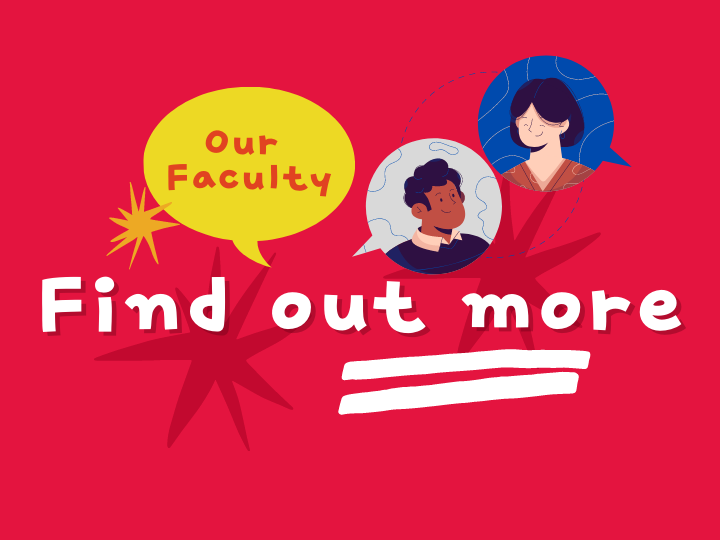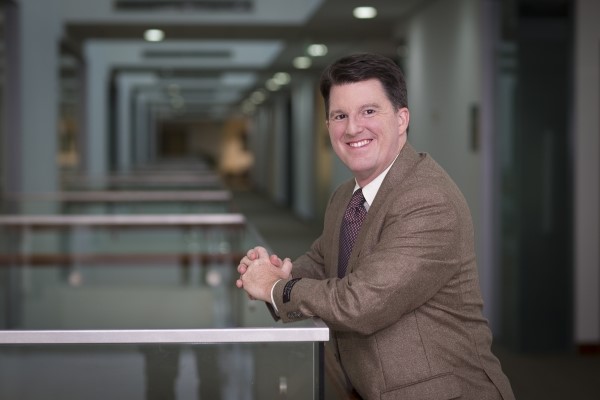

John Donaldson is an Associate Professor of Political Science at the SMU School of Social Sciences. We managed to get a chance to ask John a few questions about his research background and teaching interests. Read on to find out more about one of our senior faculty members!
1. Could you tell us more about your academic background? Which institutions did you obtain your undergraduate and postgraduate degrees from?
My journey to becoming a professor in political science has taken a circuitous route! At Washington University in St. Louis, I double-majored in Psychology, as well as Chinese Language and Literature. Yup, I had only taken one undergraduate course on political science (which was American Politics). I was originally hoping to be a counseling psychologist or social worker. From early on, I was passionate about poverty and that was reinforced with my experience working in urban America with single parents and low-income seniors. So I thought being a social worker – using my background in psychology – was in my future.
But my passion for China got fueled when I went to China my third year. Although I spent one year (after graduating from my undergraduate programme) working in social work, and one year getting halfway through a masters in social work, I soon found myself back in China. Since you can’t get a PhD in “China,” I chose to get a PhD in a discipline that I was really interested in anyway: Political Science. Although I was not a major, I have always been interested in political science. So despite my having just the one course, I embarked on a PhD in Political Science at another Washington – George Washington University, which is in Washington DC.
I am generally interested in China and poverty, as well as politics. Because both rural poverty and China cannot be fully understood through political science alone, I am happy to be part of a school that emphasizes and encourages interdisciplinary research. I read a lot of sociology, economics, and anthropology.
2. What courses are you currently teaching? What can new SOSS students expect in your classes?
Like most professors, I teach a bunch of courses. I love teaching Introduction to Political and Policy Studies (and I can’t wait to meet new students next term!). In that class, we don’t go country by country, but examine political science concepts such as power, ideology, participation, democracy, race and gender. We look at four different perspectives in understanding global politics – the way that nations relate to each other. We ask questions like “What is power?” “What is Communism?” “What is the role of culture in politics?” and “What does democracy actually mean?” We simulate elections, and run a simulated country where different groups vie to influence public policy. Expect lively and interesting discussions.
In addition, I teach an advanced undergraduate elective called Development, Underdevelopment and Poverty. We try to understand everything about poverty except for economics. Here we look at classic and cutting-edge research on poverty and development. In the meantime, we ask how we can eliminate poverty in the world – “What is the role of gender and culture?” “What is the role of NGOs and international organizations?” It will be easier to define terms like poverty and development before the class than after.
I am writing this from my Political Science Study Mission to China. I have taught my students about poverty and development in rural China. Then we go to southwestern China to collect data, as well as to participate directly in development and poverty reduction. Rather than merely study China from the classroom and research from the library, we collect data here in China, and ask questions by conducting first-hand interviews. My diverse class includes non-Chinese speakers (including Malays and Indians) who pair up with students more proficient in Mandarin. It is an extension of the classroom and we actually have a couple of seminar classes while in China!
3. What are your current research interests? How did you end up getting interested in them?
As you can guess, I am mainly interested in poverty. I look at exceptions to the idea that economic growth and poverty are related. Why does it seem like some countries grow steadily, but the plight of the poor doesn’t get any better? I wrote a book about this in China, and I have even done research in Thailand and India. In China, I have also looked at the role of land rights for the poor, as well as what happens to poor farmers as agribusiness starts to invest. I just finished a paper on cases of ‘immiserising growth’ – countries that have grown for five or more years, but saw the incomes of the poor decline.
To me, this is what politics is – In a world without scarcity, why do some people not get their basic needs. I have been haunted by images of poverty, and obsessed with learning more about it – and hopefully doing something about it.
4. Are there any particular research areas or projects that you intend to focus on in the next few years?
I am going to continue my research on poverty in China, of course! The Xi administration hopes to reduce poverty to zero through a policy called “precision poverty reduction.” I would love to know more about that. But the main thing I need to do is to concentrate on getting a few things done: I have two book projects on Singapore – one on single parents and one on the streaming system. And I have a really ambitious book project lauding the virtues of small-scale development for poverty reduction.
5. Do you have any advice for junior faculty members and/or current undergraduates who are aspiring researchers?
I love my job, and I love it that others are interested too. I found it very helpful to take time off between undergraduate and graduate school. I spent about six years – a couple of years as a social worker and the rest of the time in the People’s Republic of China. That really helped me understand more about my two research interests: poverty and China. And it gave me a BS meter for graduate school; I used the BS meter to evaluate research that others are writing.
Also, I say that to be a good researcher, you don’t need to be especially smart (though you have to be a little bit). The main thing you need to be is curious. And that curiosity drives me to ask – and answer – good research questions.
6. Could you share with us one interesting fact about yourself?
Besides my double-jointed thumbs, you mean? I am currently taking drum classes with my six-year-old son!